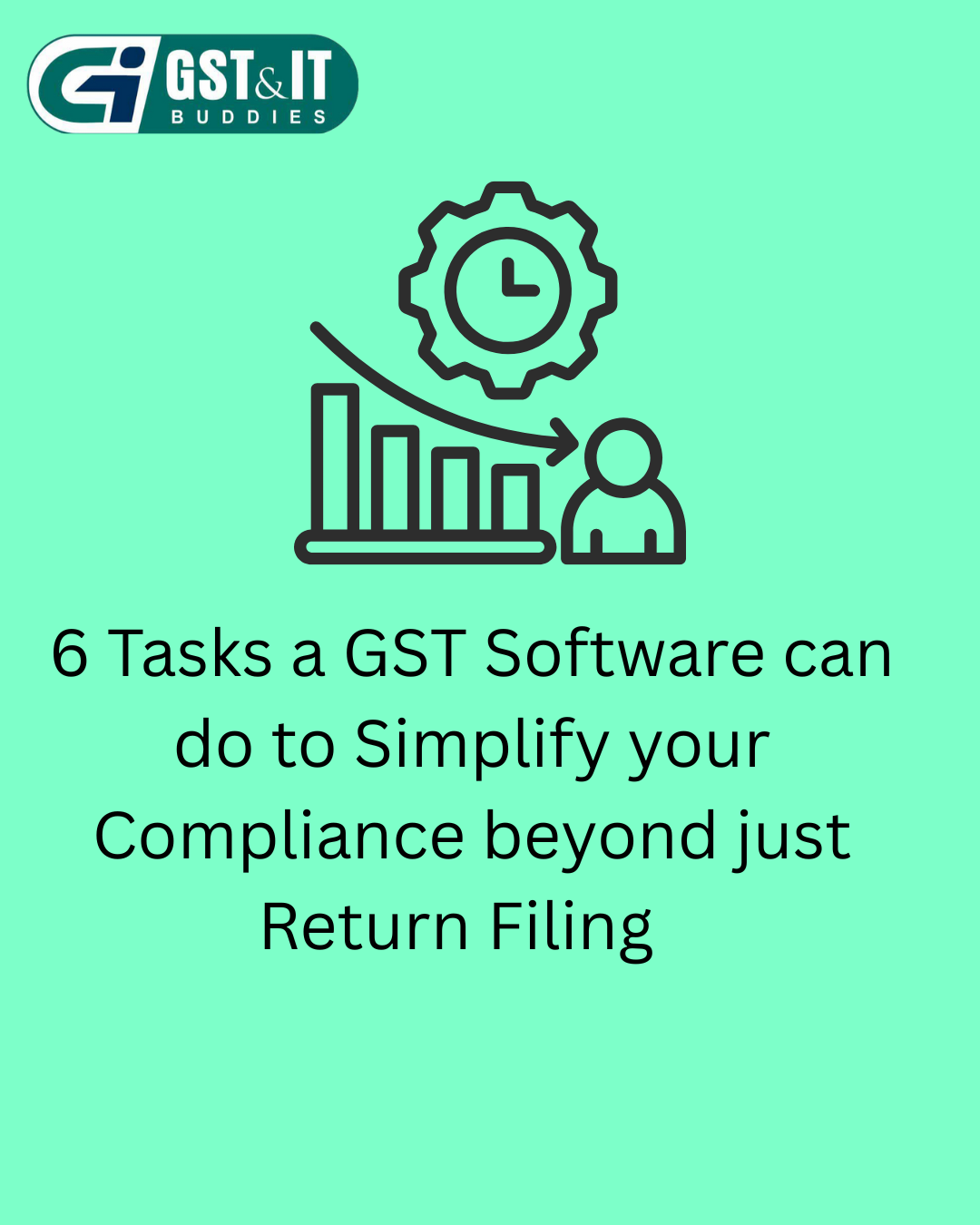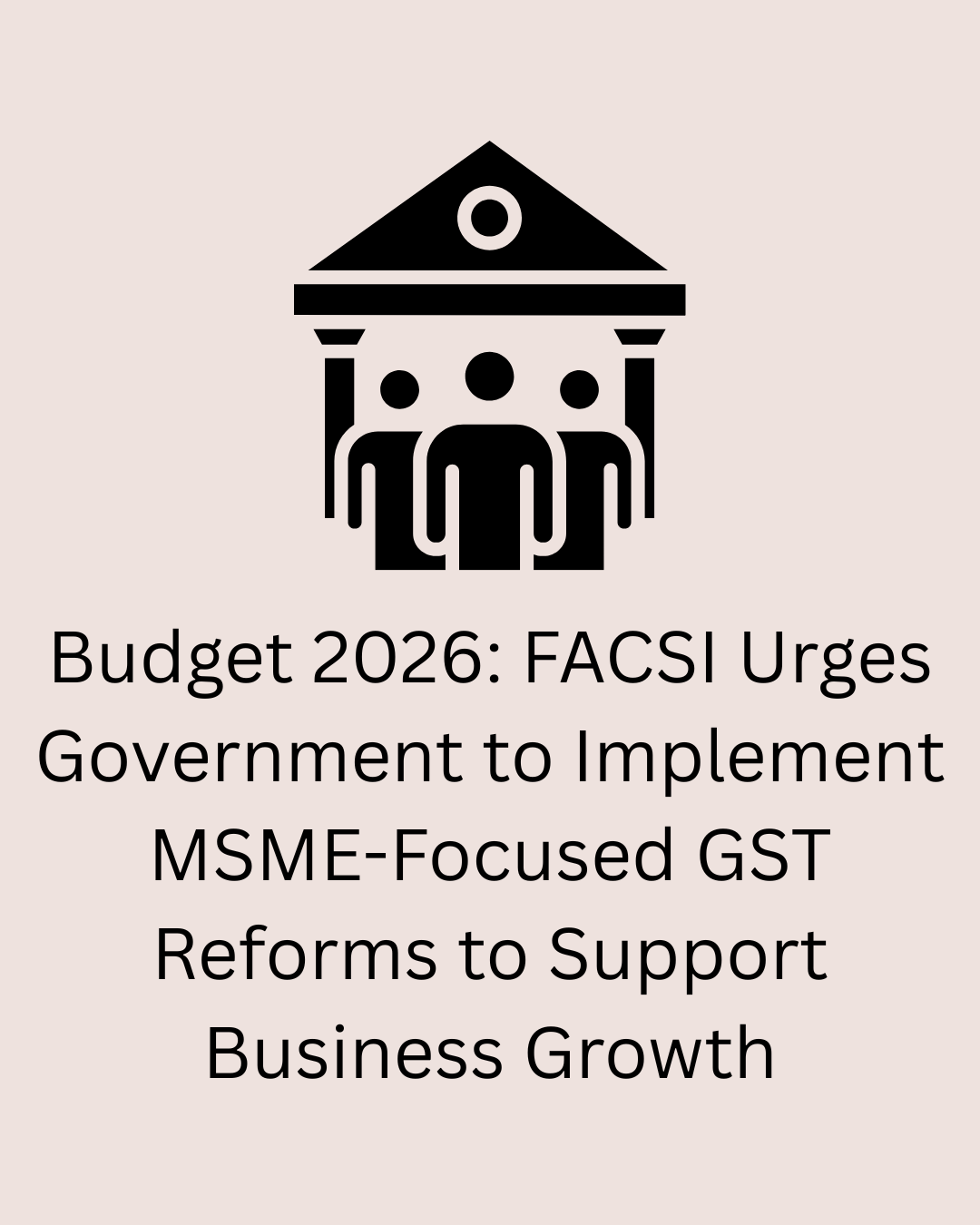Hyderabad: Exhorting GST authorities to exercise caution and deeper examination before authorizing the arrest of businessmen for tax evasion, Justice Ujjal Bhuyan of the Supreme Court on Saturday said the reasons “you have to suspect a person cannot be equated with the reasons to believe”. The extreme action of arresting a person should be backed by strong reasons to believe that the person was an evader and the same should be recorded in writing, he said.
Hyderabad: Exhorting GST authorities to exercise caution and deeper examination before authorizing the arrest of businessmen for tax evasion, Justice Ujjal Bhuyan of the Supreme Court on Saturday said the reasons “you have to suspect a person cannot be equated with the reasons to believe”.
The extreme action of arresting a person should be backed by strong reasons to believe that the person was an evader and the same should be recorded in writing, he said.
The judge, who is considered an expert in tax laws, was addressing the National Tax Conference organized at the Federation of Telangana State Chamber of Commerce and Industries Bhavan here as a chief guest.
“I should flag off two issues which I think are relevant and contemporary. One relates to arrest under Section 69 of the Central Goods and Services Tax (CGST) Act, 2017, and the other relates to provisional attachment under Section 83 of the CGST Act. Sub-section(1) of Section 69 says that where the commissioner has reasons to believe that a person has committed any offense specified in sub-section(1) of Section 132 of the CGST Act, which is a punishable offense, he may by an order authorize any officer of central tax to arrest such person”, he said.
“The crucial expression here is reason to believe. This expression is not defined in the CGST Act but is an expression that finds its place in several taxing and penal statutes. There must be a live link between the reasons recorded and the materials gathered,” Justice Bhuyan said.
Considering the fact that CGST was primarily a revenue legislation and not a penal statute, the legislative intent appears to be that in the event of breach of Section 132(1), the person arrested must ordinarily be granted bail, he said.
Sections 69 and 83 of the CGST Act and the corresponding provisions under the State GST enactments have conferred drastic powers in the hands of the revenue.
“While there is no dispute that the revenue must have all the wherewithal at its command to fight tax evasion, given the drastic nature of the two provisions there should be no arbitrariness and discrimination in the application of the law,” the Supreme Court judge said.
“It is true that the stiffer a provision is, the stricter would be judicial scrutiny. These two provisions are potent weapons in the hands of the revenue. Therefore, the said provisions should be carefully and sparingly used. ,” he said.
Telangana High Court Chief Justice Alok Aradhe, who was a guest of honor, quoted philosopher Kautilya and said that tax collection should be like that of a honey bee that collects nectar from flowers.





